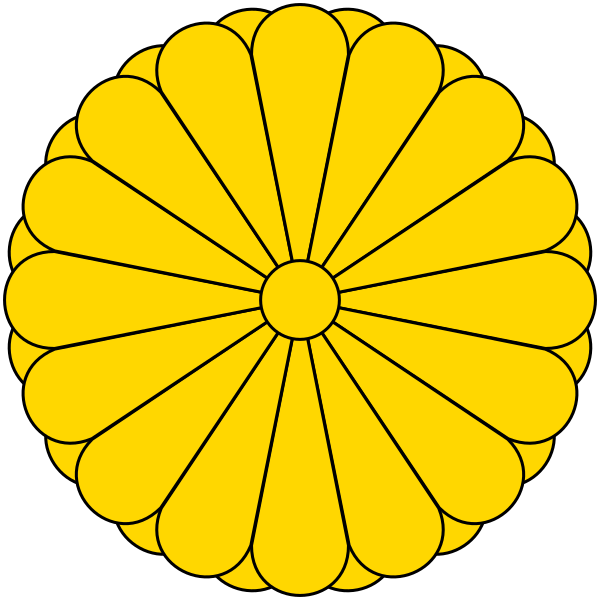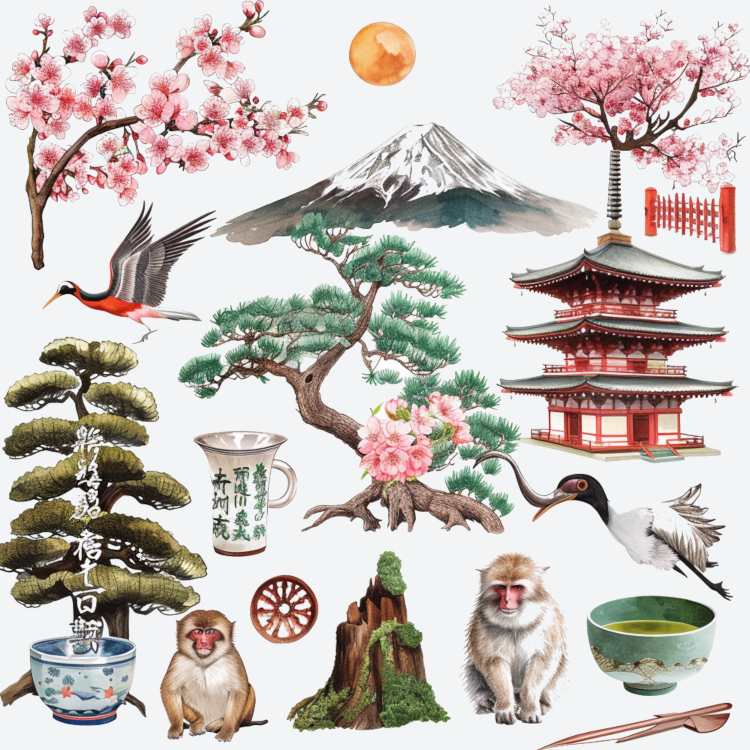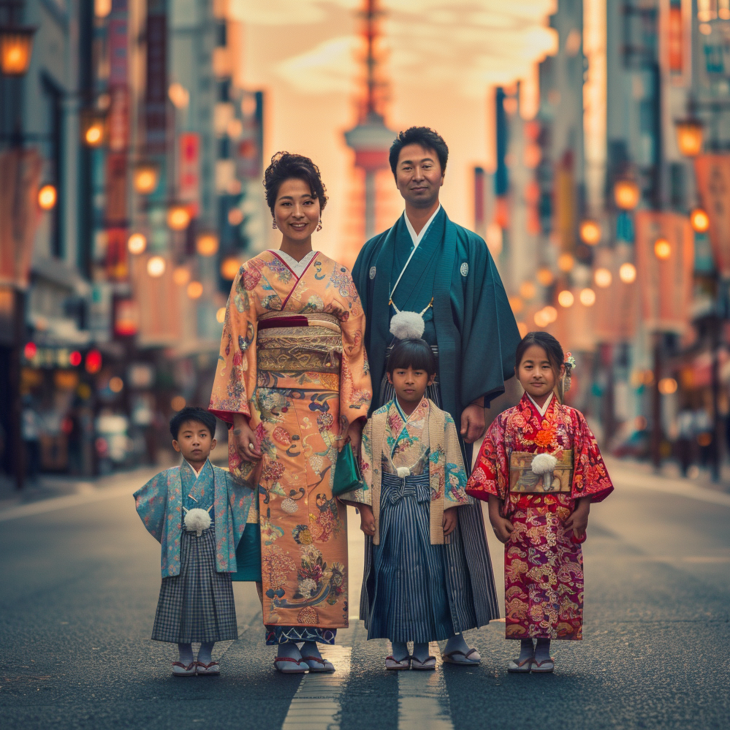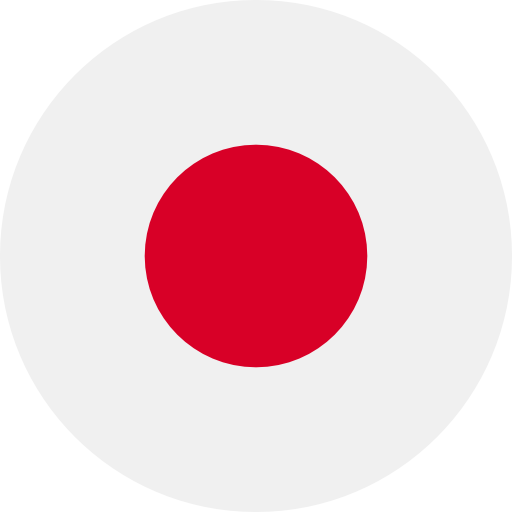About JP

Location
Japan is an island country located in East Asia. It consists of four main islands: Honshu, Hokkaido, Kyushu, and Shikoku, along with numerous smaller islands.
Capital
The capital city of Japan is Tokyo, which is also the largest city in the country.
Population
As of the latest estimates, Japan has a population of approximately 126.5 million people, making it one of the most populous countries in the world.
Area
Japan covers a total land area of about 377,975 square kilometers (145,937 square miles).
Official Language
The official language of Japan is Japanese.
Government
Japan is a constitutional monarchy with a parliamentary government. The Emperor of Japan serves as the ceremonial head of state, while the Prime Minister is the head of government.
Emperor
The Emperor of Japan is a symbolic figurehead and holds no political power. As of 2022, the Emperor of Japan is Emperor Naruhito.
Currency
The currency of Japan is the Japanese yen (JPY).
Economy
Japan has the third-largest economy in the world by nominal GDP. It is known for its advanced technology, manufacturing industries, and innovation. Key sectors of the Japanese economy include automotive manufacturing, electronics, robotics, and finance.
Culture
Japan has a rich cultural heritage that includes traditional arts such as tea ceremonies, calligraphy, and ikebana (flower arranging). The country is also known for its pop culture, including anime, manga, and video games. Japanese cuisine, including sushi, ramen, and tempura, is popular worldwide.
Education
Japan has a highly developed education system, with compulsory education for children between the ages of 6 and 15. The country is known for its high literacy rates and rigorous academic standards.
Technology
Japan is a global leader in technology and innovation. The country is known for its advancements in robotics, electronics, and transportation. Japanese companies such as Sony, Toyota, and Panasonic are renowned worldwide for their products and innovations.
Natural Disasters
Japan is prone to natural disasters such as earthquakes, tsunamis, and typhoons due to its location on the Pacific Ring of Fire. The country has implemented strict building codes and disaster preparedness measures to mitigate the impact of such events.

National Items of Japan
Japanese Macaque
The Japanese Macaque (Macaca fuscata), also known as the Snow Monkey, is a symbol of Japan's wildlife. Known for their ability to live in snowy conditions, they symbolize resilience and adaptability.
Cherry Blossom (Sakura)
The Cherry Blossom (Prunus serrulata) is the national flower of Japan. It symbolizes the beauty and transient nature of life, and the annual blooming of cherry blossoms is celebrated during the Hanami festival.
Japanese Cedar (Sugi)
The Japanese Cedar (Cryptomeria japonica) is a significant tree in Japan. It represents longevity, endurance, and the natural beauty of the country's forests.
Koi Fish
The Koi Fish is a national symbol in Japan. It represents perseverance, strength, and good fortune. Koi are often found in ornamental ponds and gardens.
Mount Fuji
Mount Fuji is the highest mountain in Japan and an iconic symbol of the country. It represents natural beauty, spiritual significance, and national pride.
Kimono
The Kimono is a traditional Japanese garment. It symbolizes the rich cultural heritage, elegance, and traditional attire of Japan.
Crane
The Crane is a national bird symbol in Japan. It represents peace, longevity, and good fortune. The crane is often depicted in art and folklore.
Bonsai
Bonsai is the art of growing miniature trees in containers. It symbolizes harmony, patience, and the beauty of nature in Japanese culture.
Rising Sun
The Rising Sun is a significant symbol in Japan, representing the country's name, which means "origin of the sun." It symbolizes renewal, hope, and Japan's cultural identity.
Samurai
The Samurai are historical figures in Japan, representing the warrior class. They symbolize honor, discipline, and the rich martial heritage of the country.
Matcha (Green Tea)
Matcha is a finely ground green tea powder used in traditional Japanese tea ceremonies. It symbolizes cultural heritage, mindfulness, and the importance of tea in Japanese society.
Origami
Origami is the traditional Japanese art of paper folding. It symbolizes creativity, precision, and the cultural significance of craftsmanship in Japan.

"Kimigayo" has been the national anthem of Japan since 1888. The lyrics are based on a Heian period (794–1185) waka poem, which expresses the wish for the Emperor's reign to last for eternity.
The national anthem of Japan is called "君が代" (Kimigayo) in Japanese, which translates to "His Imperial Majesty's Reign" in English. Here are the lyrics in Japanese along with an English translation:
君が代は
千代に八千代に
細石の
巌となりて
苔の生すまで
May your reign
Continue for a thousand, eight thousand generations,
Until the pebbles
Grow into boulders
Lush with moss.


